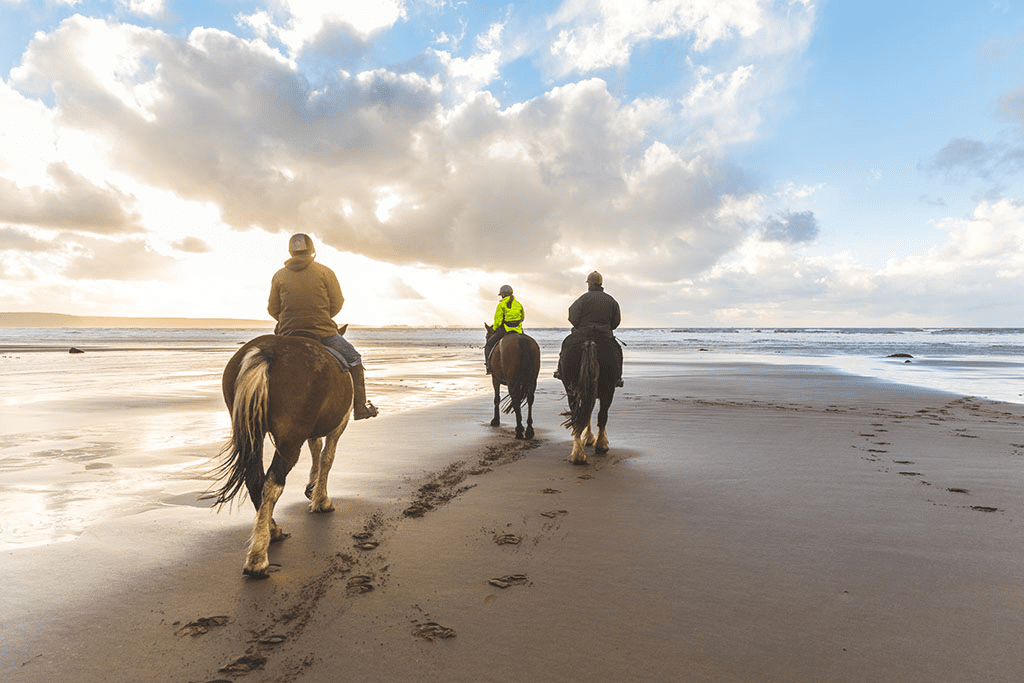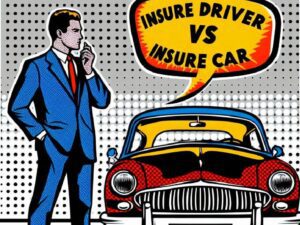Taking Up Horse Riding In Later Life

As with many sports and hobbies, lots of people think that if they didn’t get into horse riding when they were younger, they’ve missed their chance and it’s too late. We often associate learning to ride a horse with younger children trotting around a paddock at their local pony club, but a national equestrian survey carried out in 2019 shows a steady increase in riding, with the highest rise among people between the ages of 25 and 44.
Not everyone gets the chance to learn to ride as a child, and often people did have lessons as a child, and really enjoyed them, but then stop as they get older and adult life takes over and priorities change. It’s often hard to fit it in around jobs and children and mortgages.
But the good news is, it’s never too late to start something new, so let’s take a look at why you shouldn’t give up on your dreams of getting back in the saddle.
What Are The Benefits Of Horse Riding?
We all know how important exercise is, at any age, for both mental and physical health, but it’s even more important as we get older. Exercise that incorporates strength training and balance can help reduce the risk of falls, which are the number one reason older people are taken to the hospital.
Horse riding gives you a full-body workout without having to set foot in a gym. It might look like you’re just sitting still on a horse, but controlling a horse seriously works your arms, and you need balance and coordination to stay upright in the saddle, as well as a strong core. Riding is also good for your quads, hamstrings and glutes, and even the time off the horse can improve your fitness; cleaning stables, grooming, carrying equipment/hay etc is still physical exercise.
Being out on a horse connects you with nature and you get time to appreciate the surrounding countryside. Spending time in the fresh air is great for your general well-being as well as for releasing those vital endorphins that lift our mood and reduce stress. Just like our muscles, our brains need exercising too so learning something new is a great way to keep our brains in good condition.
Horse riding can be a solitary hobby, or you can ride with other people, depending on how you feel, you also can’t underestimate the companionship of a horse; many riders feel in tune with their horses, they can pinpoint certain characteristics and say they pick up on each other’s emotions.

Embrace Your Age
When taking up riding in later life, you can embrace your age and make it work in your favour. Your capacity for learning increases, as well as your patience, and we often tend to be a bit more self-aware when we’re older; we’re able to be more objective and identify what we need to focus on. We’re also more aware of our strengths and weaknesses. You may not be as quick to get your foot in the stirrup these days, but you’ll have more determination and the right attitude.
The horse-riding community is very welcoming, and you’ll be surrounded by people of all ages who will be willing to help you, and even learn alongside you; not everybody learns things at the same rate or at the same age.
Keeping Up With Your New Habit
As with anything new, once you get started you need to keep going so that it becomes part of your week, something you do without thinking about. You also need to make sure your muscles stay strong and toned, as the saying goes, ‘use it or lose it!’ We don’t think of horse riding the same way we do other sports, such as running or weightlifting, but you are still using muscles you won’t have used for a while so the more you practice, you better progress you’ll make.
The more you ride, particularly as a beginner, or as someone who hasn’t ridden for a while, the more confident you will feel, so getting into a routine is vital. You might feel a bit stiff at first, particularly in your hips, knees, and shoulders, so it might help to do some gentle stretches on the days you’re not in the saddle; yoga could help, or swimming.

Taking Up Lessons
The British Horse Society will have a list of local riding centres so you can go and have a chat with them, and maybe have a sample lesson. You might prefer group lessons, and might even find some aimed specifically at older riders, or you might prefer one-to-one lessons. Group lessons could work out a lot cheaper, but one-to-one lessons will be tailored to your abilities. The most important thing is to have an experienced teacher who can gauge what you need.
Before you go, think about what kind of riding you’d like to do, and what you want to get out of it. Do you want to compete? Or are you thinking that eventually, you’ll own your own horse?
The Takeaway
We all know age is just a number, but sometimes it can be hard to start something new when you’re a bit older. However, as long as you’re physically fit, you can continue to ride for many years; after all, the Queen was spotted riding her horse at the age of 93! The main things you need are determination, enthusiasm, time and a love of horses – and maybe a pair of padded riding trousers!
As with all types of exercise, it’s important to listen to your body and be realistic about what you can and can’t do; as always when starting something new, if you have any health issues have a chat with a medical professional before you start. It’s also vital that you have the right equipment; in particular a well-fitting helmet, decent gloves and good boots.
Ask any horse rider and they’ll tell you that riding is so much more than a form of exercise; it gives you a huge sense of achievement and a real emotional boost.
Like all sporting activities, riding isn’t without risks so it’s worth making sure that you have suitable cover in place. Take a look at The Insurance Emporium’s Horse Rider Policy for a range of benefits that will make sure you can enjoy your new hobby with the peace of mind of knowing you have protection in place. And if you do decide you love it so much you want to own your own horse, there are horse insurance policies for that too.
So don’t spare the horses, take the reins, and get out there, you’ll wonder why you waited so long!
All content provided on this blog is for informational purposes only. We make no representations as to the accuracy or completeness of any information on this site or found by following any link on this site. We will not be liable for any errors or omissions in this information nor for the availability of this information. We will not be liable for any loss, injury, or damage arising from the display or use of this information. This policy is subject to change at any time.
We offer a variety of cover levels, so please check the policy cover suits your needs before purchasing. For your protection, please ensure you read the Insurance Product Information Document (IPID) and policy wording, for information on policy exclusions and limitations.



